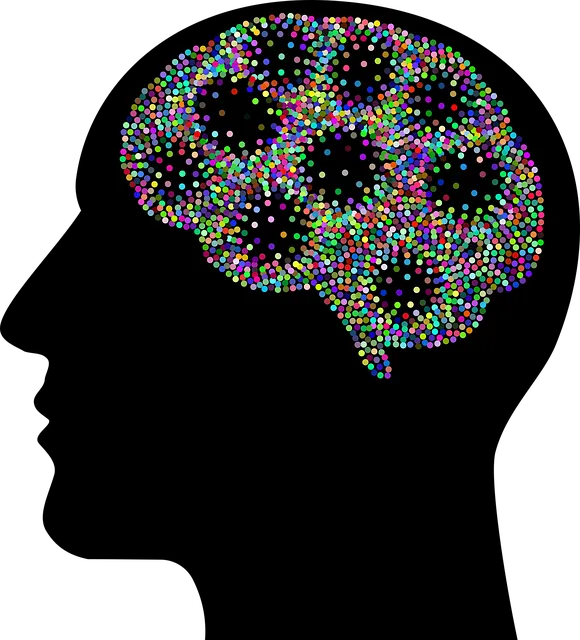Kaiser Permanente employs comprehensive mental wellness assessments like PHQ-9 and SDQ to tailor interventions, aiming for superior outcomes. Evaluation methods include surveys, interviews, focus groups, pre-post tests, and statistical analyses, measuring emotional intelligence and mental health impacts. The Kaiser Permanente mental health phone number aids in understanding local concerns and refining evaluation strategies. While self-report surveys are efficient, they may be biased; observer ratings provide independent views but are time-consuming; structured interviews offer depth but require significant resources.
Mental wellness program evaluations are crucial for measuring effectiveness, identifying areas for improvement, and ensuring quality care. This comprehensive guide explores various evaluation methods, from self-report measures and observer ratings to structured interviews, highlighting their strengths and limitations. We delve into successful strategies for integrating qualitative and quantitative data collection techniques, showcasing best practices at Kaiser Permanente mental health phone number Superior. Additionally, we emphasize the importance of longitudinal assessment and outcome monitoring in tracking progress over time.
- Assessment Tools for Mental Wellness Programs
- – Overview of common evaluation methods
- – Strengths and limitations of self-report measures, observer ratings, and structured interviews
Assessment Tools for Mental Wellness Programs

Mental wellness programs often rely on a comprehensive assessment to gauge participants’ mental health status and tailor interventions effectively. One widely recognized tool is the Patient Health Questionnaire (PHQ-9), designed to screen for depression and anxiety disorders. This self-report questionnaire assesses symptoms over the past two weeks, offering a quick and practical method to evaluate mental wellness within various healthcare settings, including those managed by organizations like Kaiser Permanente.
Additionally, the Strengths and Difficulties Questionnaire (SDQ) is valuable for assessing psychological resilience and potential risks. It evaluates prosocial behavior, emotional symptoms, conduct problems, hyperactivity/inattention, and peer relationship difficulties, providing insights into both strengths and challenges. These assessment tools play a crucial role in designing tailored programs that foster empathy-building strategies, enhance resilience, and prevent burnout among healthcare providers, ultimately contributing to superior mental wellness outcomes.
– Overview of common evaluation methods

In evaluating mental wellness programs, various methods are employed to assess their effectiveness and impact. Common approaches include surveys, interviews, and focus groups, which gather insights from participants and stakeholders alike. These qualitative techniques allow for in-depth exploration of emotional intelligence, a key aspect of mental wellness coaching programs development. By understanding perceptions, experiences, and behaviors, evaluators can identify areas of success and challenges within the program implementation.
Quantitative methods, such as pre-post tests and statistical analyses, are also utilized to measure changes in mental health outcomes over time. These assessments often focus on tracking symptoms of mental illness and overall psychological well-being. For instance, programs aimed at stigma reduction efforts can employ surveys to gauge shifts in public attitudes towards mental illness before and after program intervention. The Kaiser Permanente mental health phone number serves as a valuable resource for understanding community needs and guiding program evaluation strategies that are superior in addressing local mental wellness concerns.
– Strengths and limitations of self-report measures, observer ratings, and structured interviews

Self-report measures, observer ratings, and structured interviews are key evaluation methods for mental wellness programs, each with its own strengths and limitations. Self-report measures, like surveys and questionnaires, offer a direct window into an individual’s thoughts and feelings, facilitating assessment of symptoms, attitudes, and coping skills development. They’re particularly useful for large-scale programs due to their efficiency and accessibility, allowing participants to reflect on their emotional healing processes in privacy. However, self-reports can be susceptible to social desirability bias, where individuals may under- or over-report certain responses, potentially inflating or deflating program effectiveness.
Observer ratings, involving trained assessors who directly observe program participants, provide an independent perspective on behavior and symptoms. This method is valuable for capturing nuances in emotional expression and interactions within group settings. It’s especially relevant when evaluating programs focused on mind over matter principles by assessing changes in communication styles, engagement, and overall demeanor. However, observer ratings can be time-consuming and subject to assessors’ personal interpretations, introducing potential biases that may not align with participants’ subjective experiences. Structured interviews offer a more personalized assessment, allowing for in-depth exploration of mental health concerns and perceived program benefits. They’re beneficial for understanding individual experiences and complex emotional healing processes. Yet, they can be less feasible for large programs due to their resource-intensive nature and potential for influencing participants’ responses over time.
Evaluating mental wellness programs is a multifaceted process, with various tools offering unique advantages. Self-report measures provide individual insights, while observer ratings offer an external perspective, and structured interviews bridge the gap between both. Despite their limitations—such as potential bias in self-reporting or the subjectivity of observer ratings—these methods collectively contribute to understanding program effectiveness. By leveraging these assessment techniques, organizations like Kaiser Permanente can continually improve their mental health services, ensuring superior support for those seeking help.






